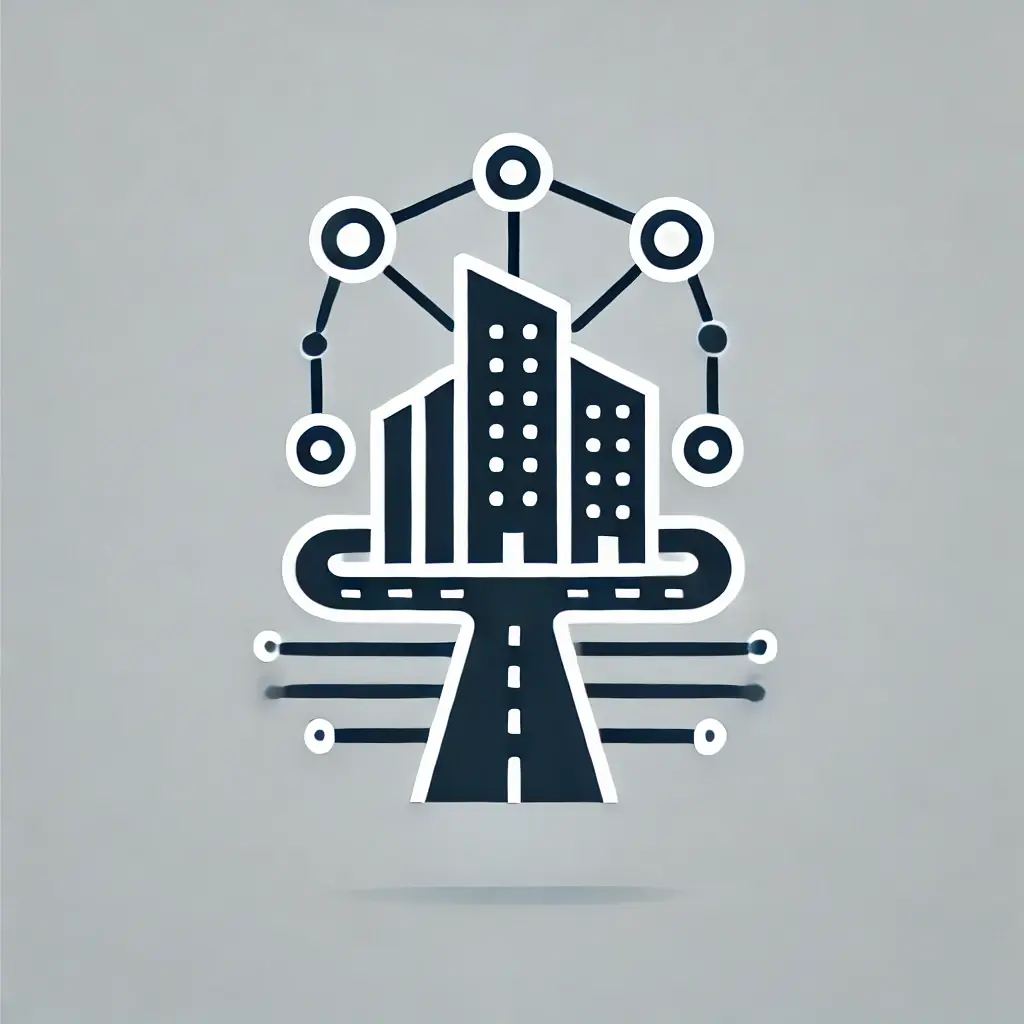Smart city infrastructure leverages advanced technologies such as artificial intelligence (AI) and the Internet of Things (IoT) to enhance urban living. By integrating smart infrastructure sensors and city management platforms, cities can efficiently manage and monitor their resources, optimizing operations and maintenance.
AI and Smart Infrastructure
AI plays a crucial role in transforming urban infrastructure. It processes vast amounts of data collected from smart sensors installed throughout the city, enabling real-time monitoring and management. For instance, smart meters track energy usage, allowing city administrators to optimize energy consumption and reduce costs. In Barcelona, the implementation of smart meters led to a 25% increase in water conservation, saving approximately $555,000 annually[2].
City Management Platforms
City management platforms utilize AI to analyze data from various sources, including traffic sensors, environmental monitors, and public safety systems. This data-driven approach allows city officials to identify patterns and trends, facilitating informed decision-making. For example, AI can help allocate police resources to high-risk areas based on crime data analysis, enhancing public safety[1][3].
Optimizing Operations and Maintenance
AI-powered solutions improve operational efficiency by predicting maintenance needs and optimizing resource allocation. Predictive maintenance, enabled by AI, allows cities to address infrastructure issues before they escalate, reducing downtime and repair costs. Additionally, AI can analyze traffic patterns to optimize traffic light timings, reducing congestion and improving air quality[3][5].
Challenges and Future Directions
Despite the benefits, implementing AI in smart cities poses challenges, including data accessibility and technological integration. Not all regions have equal access to high-quality data, which can hinder the equitable deployment of smart city technologies[1]. However, as cities continue to evolve and adopt these technologies, the potential for improved quality of life, sustainability, and operational efficiency remains significant.
In conclusion, the integration of AI in smart city infrastructure is transforming urban environments into more efficient, responsive, and sustainable spaces. By harnessing the power of data and advanced technologies, cities can optimize their operations and enhance the overall living experience for their residents.
Further Reading
1. AI in Smart Cities
2. On The Horizon For Smart Cities: How AI And IoT Are Transforming Urban Living
3. Smart Cities: How Does AI Make Cities Smarter?
4. How 5 global cities are innovating with generative AI | World Economic Forum
5. Trinity Mobility Pvt. Ltd.


